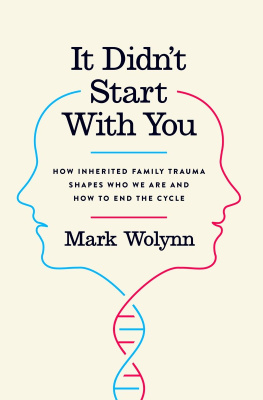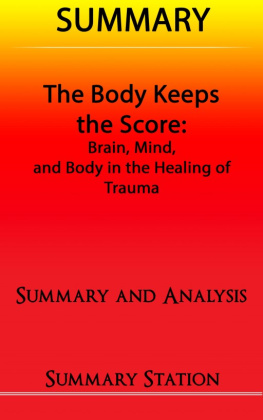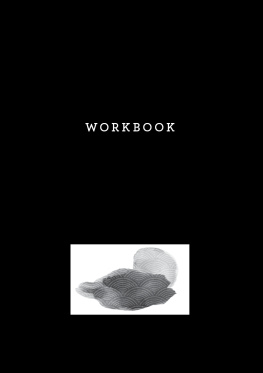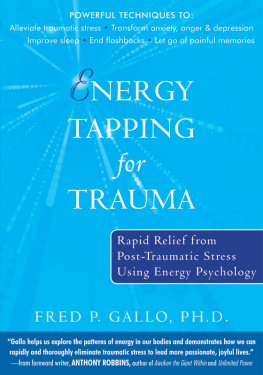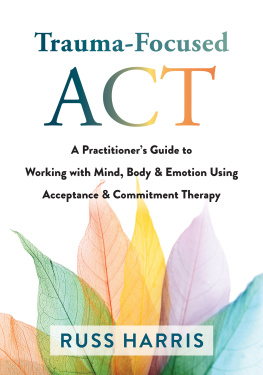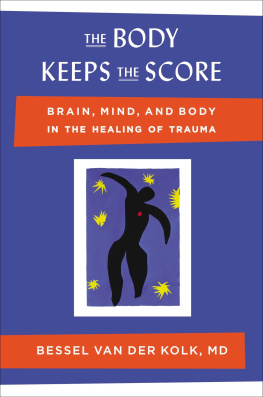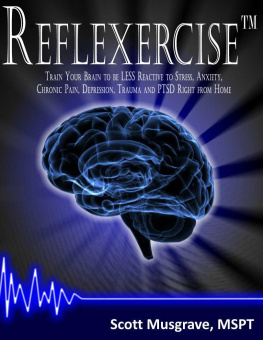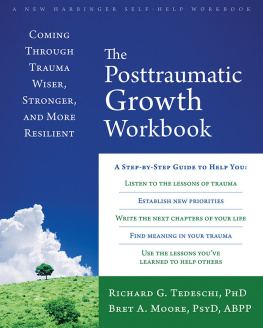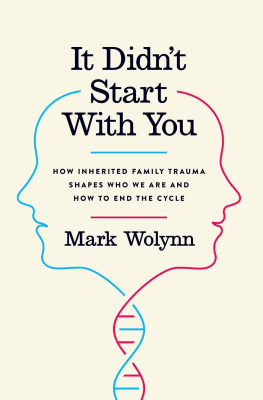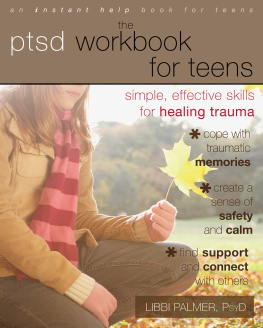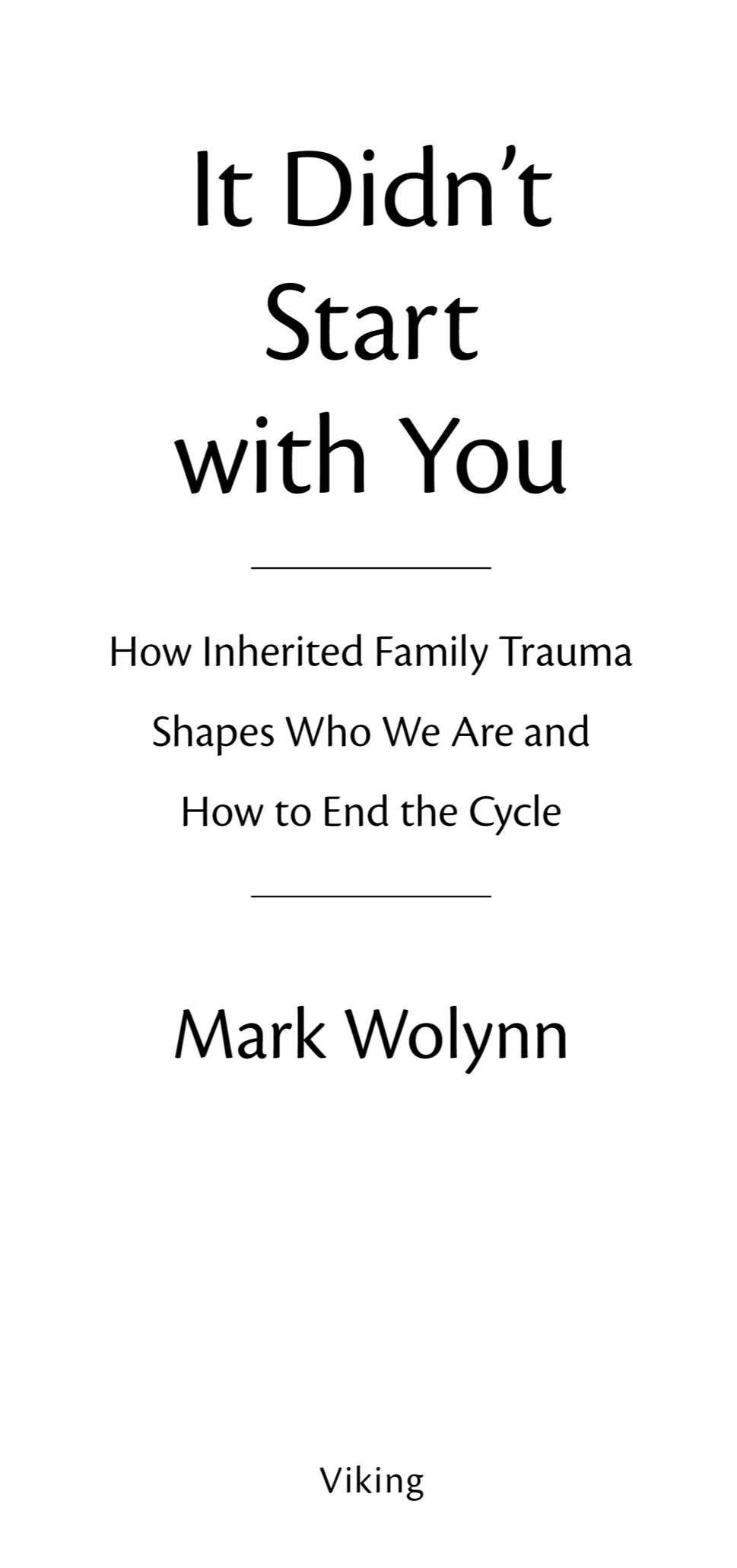VIKING
An imprint of Penguin Random House LLC
375 Hudson Street
New York, New York 10014
penguin.com
Copyright 2016 by Mark Wolynn
Penguin supports copyright. Copyright fuels creativity, encourages diverse voices, promotes free speech, and creates a vibrant culture. Thank you for buying an authorized edition of this book and for complying with copyright laws by not reproducing, scanning, or distributing any part of it in any form without permission. You are supporting writers and allowing Penguin to continue to publish books for every reader.
ISBN: 9781101980361 (hardcover)
9781101980378 (ebook)
Diagrams by Spring Hoteling
The case studies portrayed in this book are based on the experiences of real patients, whose names and identities have been changed to protect their privacy. Any resemblance to actual persons is entirely coincidental.
Version_1
To my parents,
Marvin Wolynn and Sandra Lazier Wolynn Miller.
Im so grateful for all youve given me.
Contents
Introduction:
The Secret Language of Fear
In a dark time, the eye begins to see...
Theodore Roethke, In a Dark Time
T his book is the fruit of a mission, one that has led me around the world, back home to my roots, and into a professional career that I never could have envisioned when this journey began. For more than twenty years, I have worked with individuals who have struggled with depression, anxiety, chronic illness, phobias, obsessive thoughts, PTSD, and other debilitating conditions. Many have come to me discouraged and disheartened after years of talk therapy, medication, and other interventions failed to uncover the source of their symptoms and allay their suffering.
What Ive learned from my own experience, training, and clinical practice is that the answer may not lie within our own story as much as in the stories of our parents, grandparents, and even our great-grandparents. The latest scientific research, now making headlines, also tells us that the effects of trauma can pass from one generation to the next. This bequest is whats known as inherited family trauma, and emerging evidence suggests that it is a very real phenomenon. Pain does not always dissolve on its own or diminish with time. Even if the person who suffered the original trauma has died, even if his or her story lies submerged in years of silence, fragments of life experience, memory, and body sensation can live on, as if reaching out from the past to find resolution in the minds and bodies of those living in the present.
What youll read in the pages that follow is a synthesis of empirical observations from my practice as director of the Family Constellation Institute in San Francisco and the latest findings in neuroscience, epigenetics, and the science of language. It also reflects my professional training with Bert Hellinger, the renowned German psychotherapist, whose approach to family therapy demonstrates the psychological and physical effects of inherited family trauma on multiple generations.
Much of this book focuses on identifying inherited family patternsthe fears, feelings, and behavior weve unknowingly adopted that keep the cycle of suffering alive from generation to generationand also how to end this cycle, which is the core of my work. You may learn, as I did, that many of these patterns dont belong to us; theyve merely been borrowed from others in our family history. Why is this? I strongly believe that it is because a story that needs to be told can finally be brought to light. Let me share my own.
I never set out to create a method for overcoming fear and anxiety. It all began the day I lost my vision. I was in the throes of my first ocular migraine. No real physical pain to speak ofjust a cyclone of dark terror, within which my vision was obscured. I was thirty-four years old and stumbling around my office in the murk, fingering the desk phone for the 911 buttons. An ambulance would soon be on its way.
An ocular migraine is generally not serious. Your vision becomes muddled, but usually returns to normal in about an hour. You just dont always know that while its happening. But for me, the ocular migraine was just the beginning. Within weeks, the vision in my left eye began to disappear. Faces and road signs soon became a gray blur.
The doctors informed me that I had central serous retinopathy, a condition without a cure, its cause unknown. Fluid builds up under the retina and then leaks, causing scarring and blurring in the visual field. Some folks, the 5 percent with the chronic form mine had turned into, become legally blind. The way things were going, I was told to expect that both eyes would be affected. It was just a matter of time.
The doctors were unable to tell me what caused my vision loss and what would heal it. Everything I tried on my ownvitamins, juice fasts, hands-on healingall seemed to make things worse. I was flummoxed. My greatest fear was unfolding in front of me and I was helpless to do anything about it. Blind, unable to take care of myself, and all alone, Id fall apart. My life would be ruined. Id lose my will to live.
I replayed the scenario over and over in my head. The more I thought about it, the deeper the hopeless feelings embedded in my body. I was sinking into sludge. Each time I tried to dig myself out, my thoughts circled back to images of being all alone, helpless, and ruined. What I didnt know then was that the very words alone, helpless, and ruined were part of my personal language of fear. Unbridled and unrestrained, they reeled in my head and rattled my body.
I wondered why I gave my thoughts such power. Other people had adversity far worse than mine and they didnt dwell in the depths like this. What was it about me that stayed so deeply entrenched in fear? It would be years before I could answer that question.
Back then, all I could do was leave. I left my relationship, my family, my business, my cityeverything I knew. I wanted answers that couldnt be found in the world I was part ofa world where many people seemed to be confused and unhappy. I had only questions, and little desire to carry on with life as I knew it. I handed my business (a successful events company) over to someone I had literally just met, and off I went, eastas far east as I could gountil I reached Southeast Asia. I wanted to be healed. I just had no idea what that would look like.
I read books and studied with the teachers who wrote them. Whenever I heard that there might be someone who could help mesome old woman in a hut, some laughing man in a robeI showed up. I joined training programs and chanted with gurus. One guru said, to those of us gathered to hear him speak, that he wanted to surround himself with only finders. Seekers, he said, remained just thatin a constant state of seeking.
I wanted to be a finder. I meditated for hours each day. I fasted for days at a time. I brewed herbs and battled the fierce toxins that I imagined had invaded my tissues. All the while, my eyesight continued to worsen and my depression deepened.
What I failed to realize at the time is that when we try to resist feeling something painful, we often protract the very pain were trying to avoid. Doing so is a prescription for continued suffering. Theres also something about the action of searching that blocks us from what we seek. The constant looking outside of ourselves can keep us from knowing when we hit the target. Something valuable can be going on inside us, but if were not tuning in, we can miss it.

